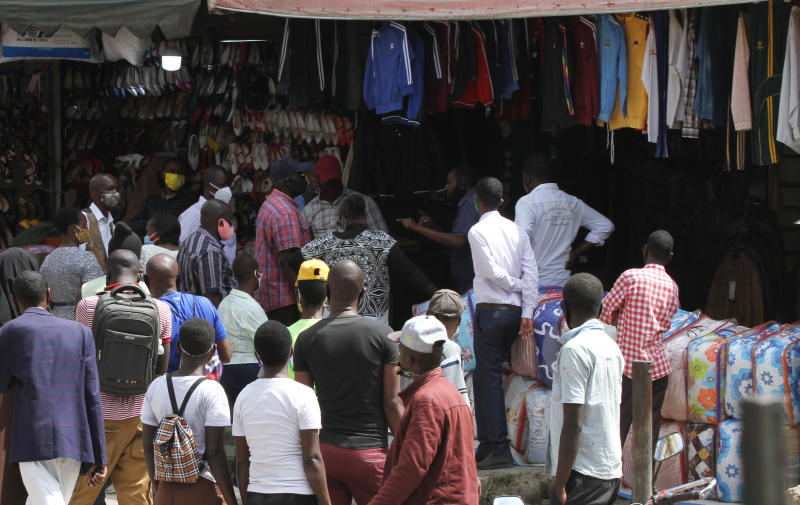×
The Standard e-Paper
Fearless, Trusted News

For the 28,000 residents of Mombasa’s Old Town, the lifting of a month of total blockade to stem the spread of Covid-19 virus is a moment to celebrate new-found freedom.
But the end of the cessation of movement into and out of the 75-square kilometre enclave has not stopped the spinning of conspiracy theories by residents who resisted targeted mass testing and were often in denial about the existence of the virus.